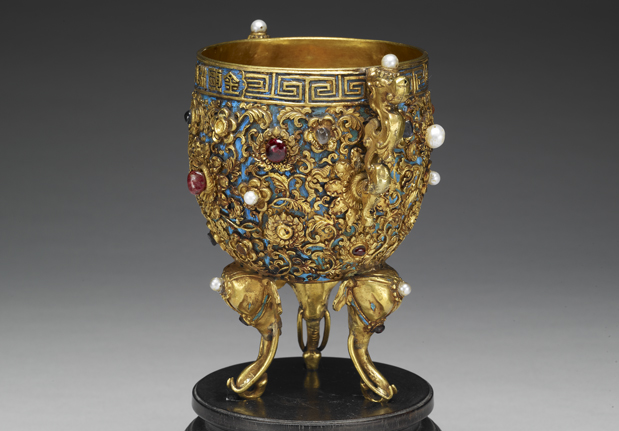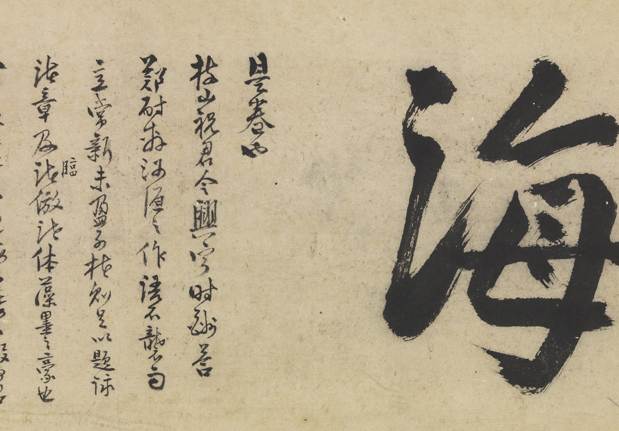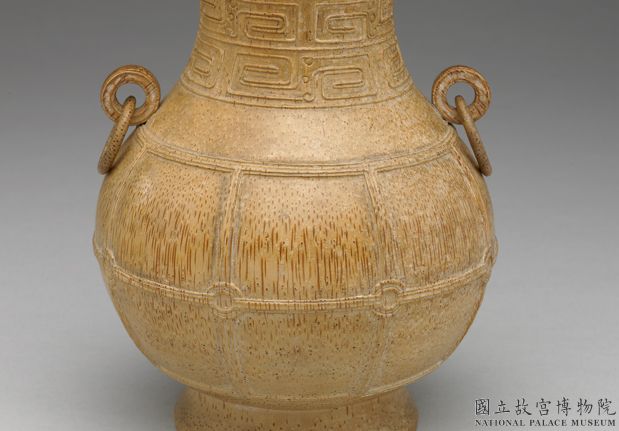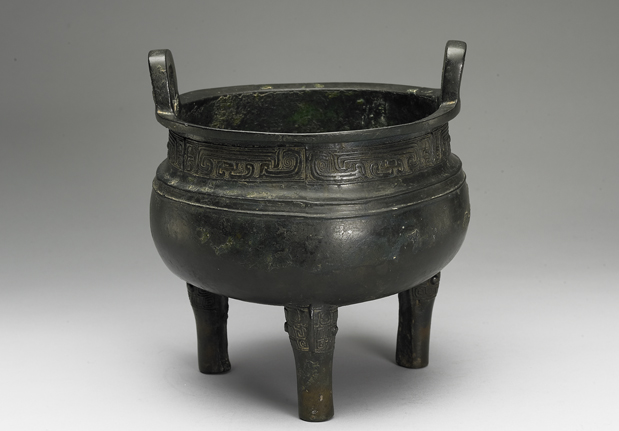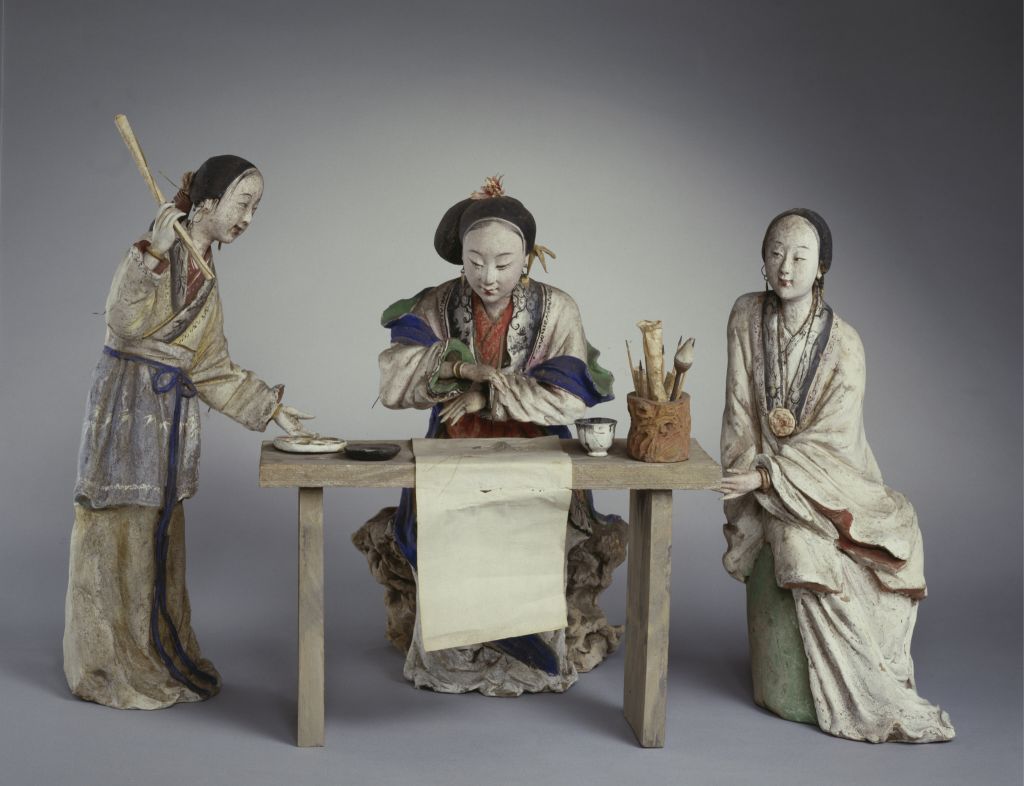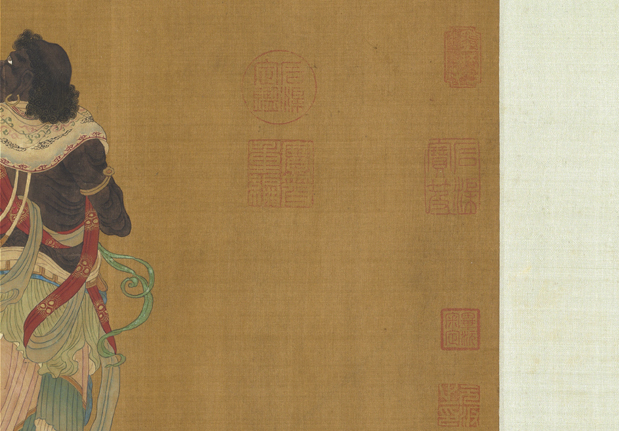[Yang Weizhen’s Xingshu Chengnan Songs]
“Chengnan Songs”, Yuan, Yang Weizhen’s book. Paper book, hand roll, 31.6 cm vertically and 216.6 cm horizontally. Running script, 131 lines
The explanatory text of “Chengnan Songhe Poems”
is sealed by “Lianfu” and “Kuaiji Yang Wei”. The appreciation is printed with “Books collected by Zhuan’an Wang’s Shuo Xiu Hall in Taiyuan”, “Wang Shan’s private seal”, “Xitian”, “Loujiang Wang Zaoru’s true appreciation”, and other seals, as well as Sun Chengze’s and Wang Nanping’s private seal and Jiaqing’s and Xuantong’s internal seals. There are Sun Chengze, Chen Xianzhang, Xie Zhaoqi, Xu [0269] and other families in the postscript. Three books including “Tiewang Coral”, “Gengzi Relieving Summer” and “Shiqu Treasure Collection” are recorded
There are 20 poems in this volume, “Odes to the South of the City”. The original poem was written by Zhang Shi, a famous Neo-Confucian in the Southern Song Dynasty. Zhang Shi once built Chengnan Academy at Miaohao Peak, Changsha, and became a scholar. The 20 pieces of “Odes to the South of the City” are his poems on the scenic spots in the south of Changsha. Shortly after that, Zhu Xi visited Zhang Shi at Chengnan Academy and wrote 20 poems of Nanxuan. Zhu Xi’s handwriting spread through the hands of the fifth grandson of Zhu’s family and spread to the world. At that time, the original track of “Odes to the South of the City” written by Zhang Shi has been lost. The Yu family then invited Yang Weizhen to follow up with Zhang Shiyuan’s poems, and Tie Ya then recorded 20 poems of Zhang Shiyuan. In addition to the original poem, Yang Weizhen also wrote two “redundant comments”, briefly describing the reasons for Yu’s supplement to the book, and commented on Zhang Nanxuan’s poem, thinking that “there is an ancient style and people think”
In the trend of restoring the ancients in the Yuan Dynasty, Yang Weizhen’s calligraphy was particularly unusual because of its irregular stippling. Although there is no sense of elegance and refinement on the knot, its strokes are hard and sharp, its muscles and bones are strong, and its body is strange, and it has a magnificent atmosphere. Wu Kuan, a calligrapher of the Ming Dynasty, commented on his book: “The great general, the three armies, won the victory, and broke the axe,” and returned after the record. Lian Fu’s book may be like it. “Xu Youzhen also said:” The iron cliff is crazy, but it is arrogant. “This work was written by Yang Weizhen at the age of 67, with a pioneering style, unrestrained and unrestrained style.
![图片[1]-Yang Weizhen’s Xingshu Songs in the South of the City-China Archive](https://chinaarchive.net/Yuan dynasty/model calligraphy/s58ec83e57588c.jpg)
